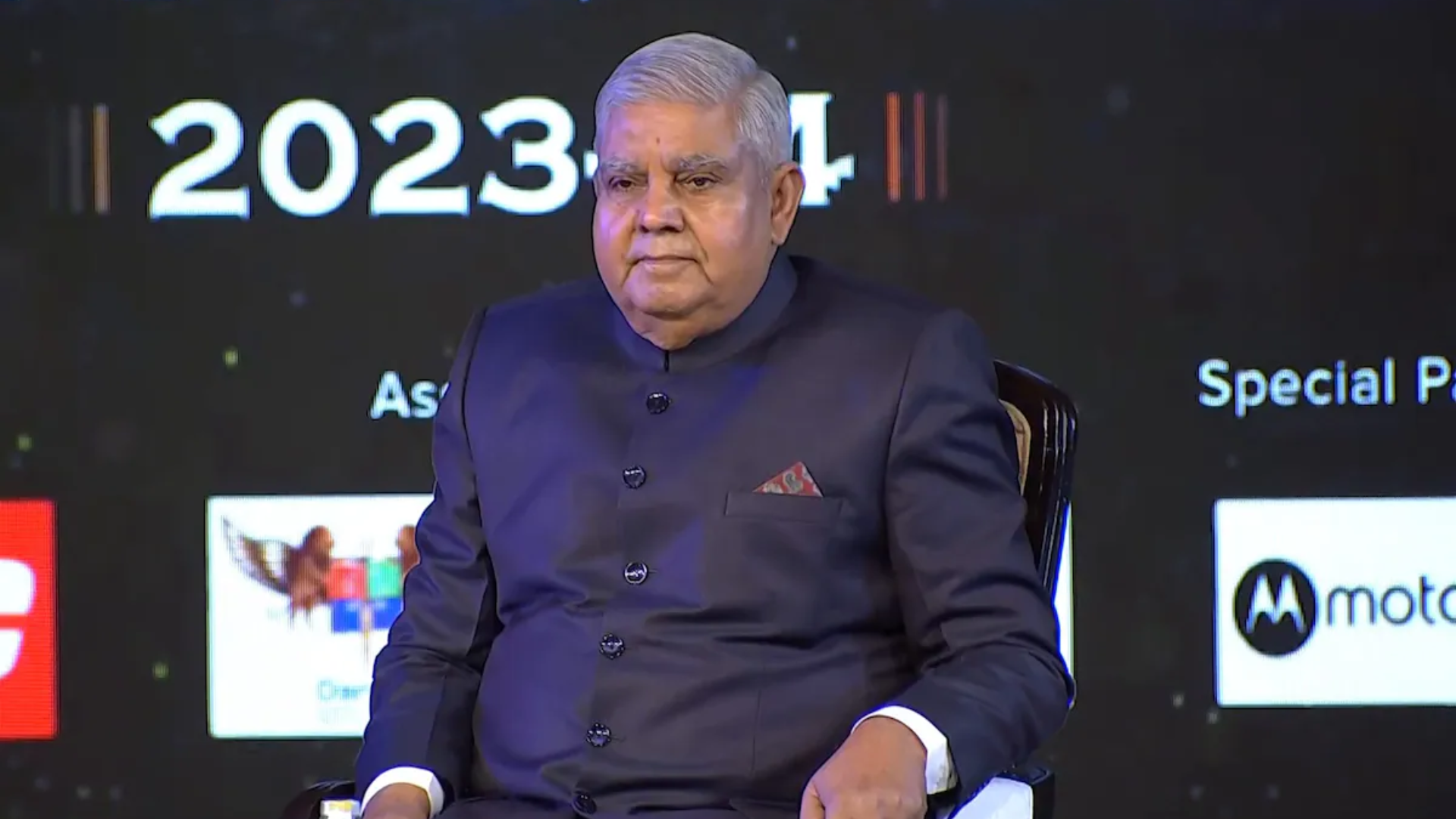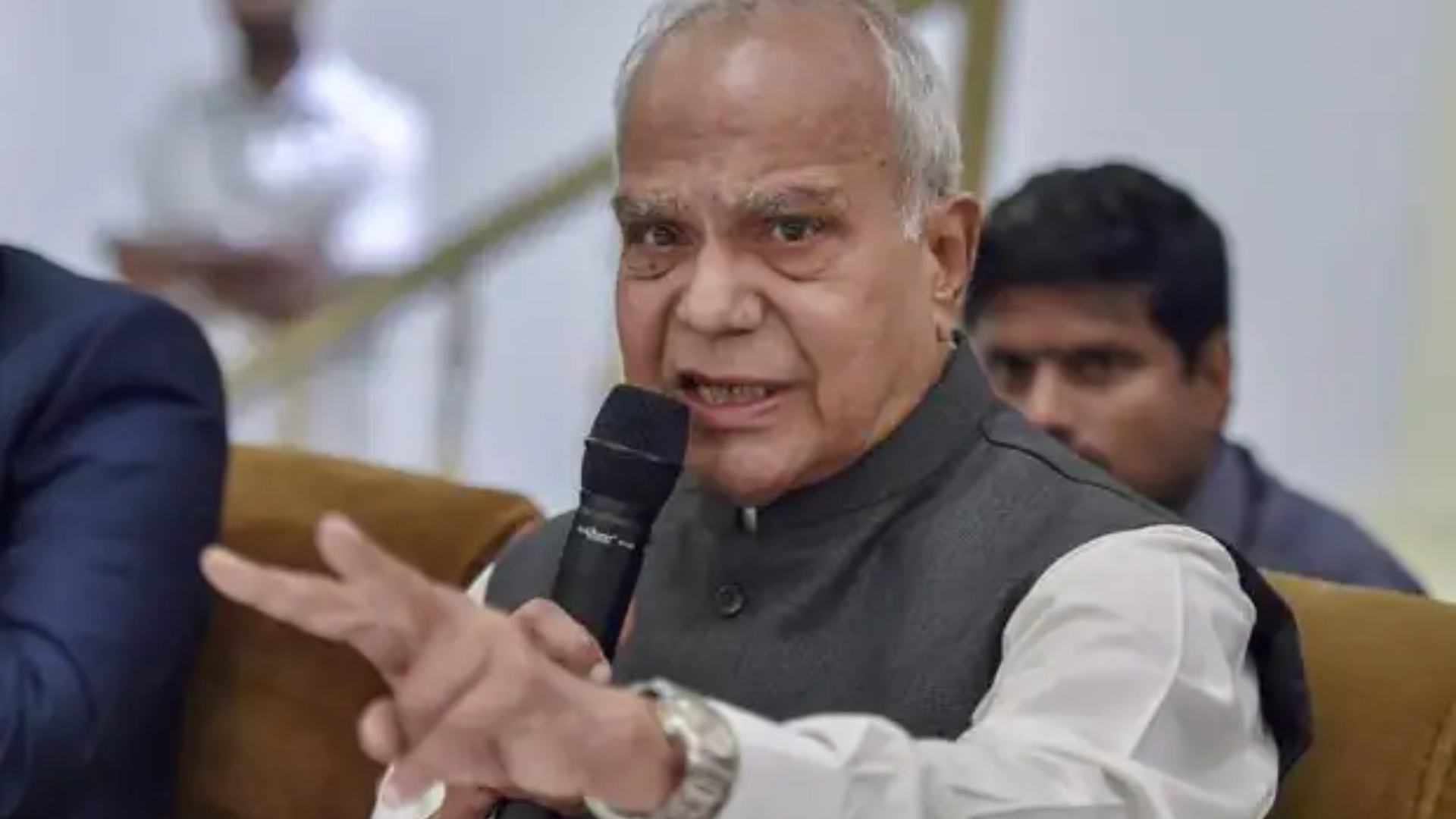


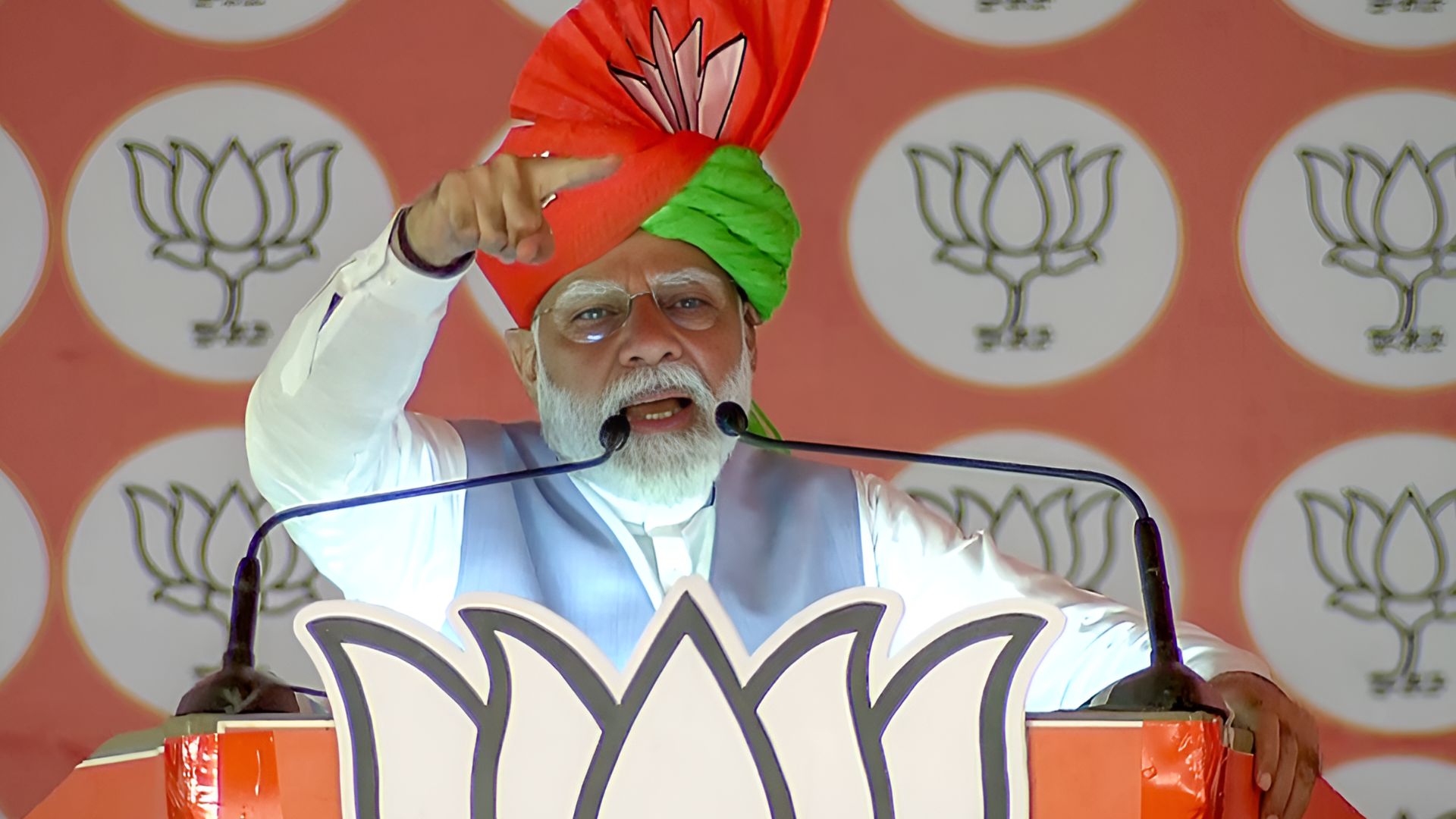
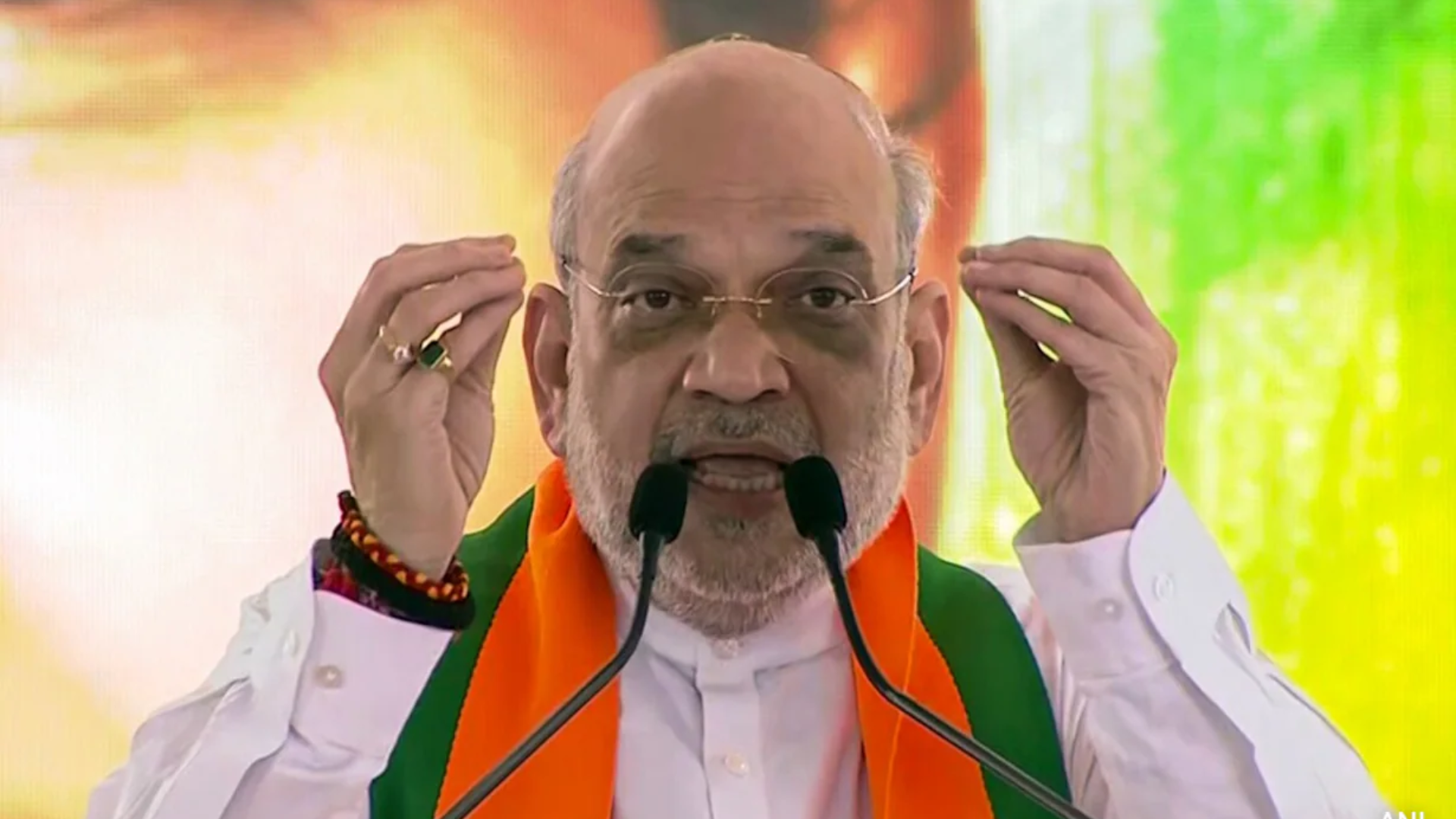

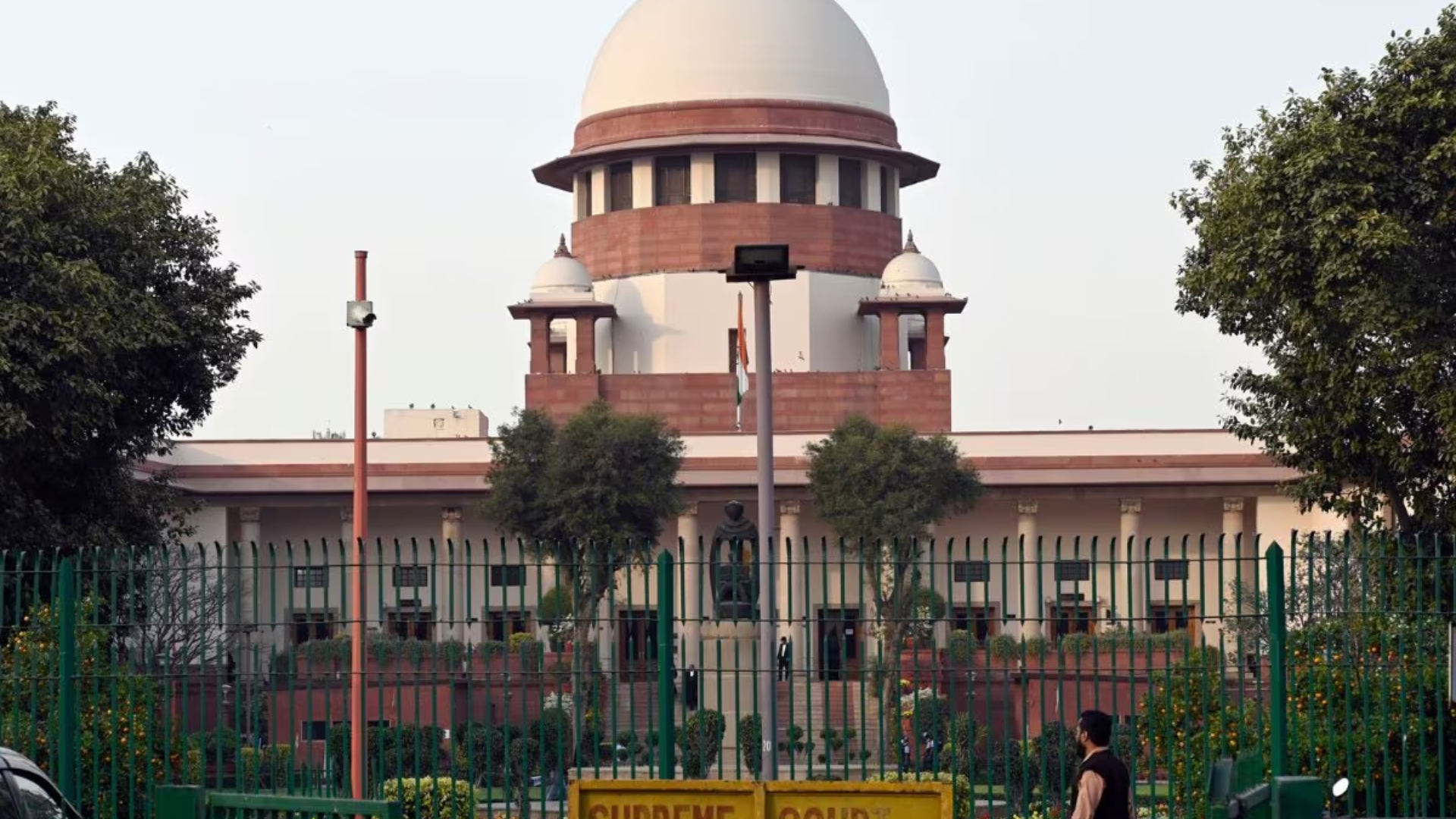


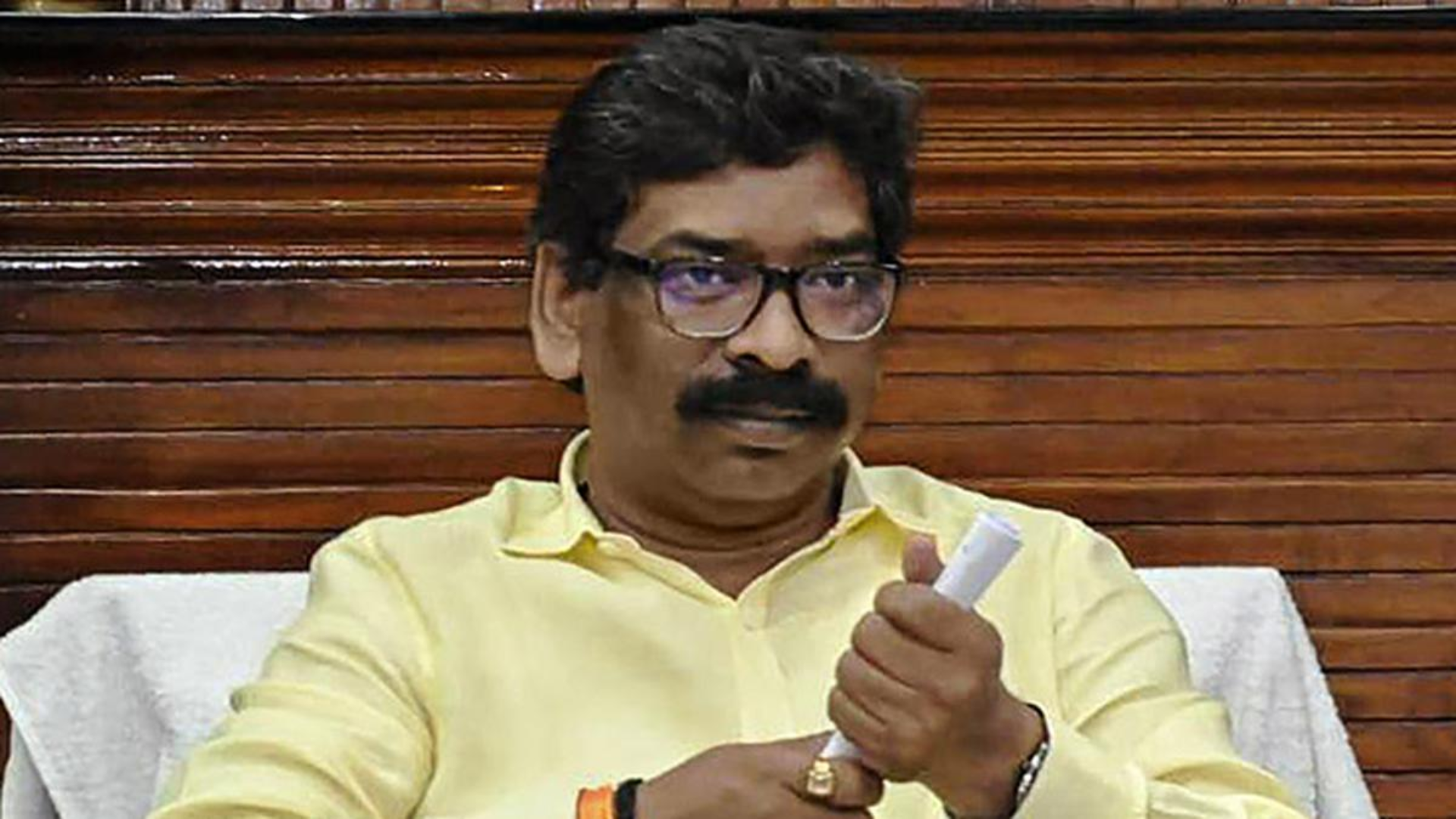

In a significant development, the Supreme Court has directed the State Bank of India (SBI) to divulge all pertinent details related to electoral bonds, a mechanism that allows individuals and companies to donate to political parties. The court, led by Chief Justice of India DY Chandrachud, emphasized the importance of transparency and ordered the SBI chairman to submit an affidavit by 5 pm on Thursday affirming that no information has been suppressed.
The court’s directive comes in response to a petition highlighting concerns about the “incomplete data” provided by the SBI regarding donations made through electoral bonds. The five-judge bench expressed dissatisfaction with the bank’s approach of selective disclosure and stressed the need for comprehensive transparency in disclosing all conceivable data related to electoral bonds, including the serial numbers of each bond.
The electoral bond scheme, which was recently struck down by the Supreme Court, has been a subject of scrutiny regarding transparency and accountability in political funding. The court’s decision to order the disclosure of all details, including the unique alphanumeric numbers corresponding to each bond, reflects a commitment to upholding transparency in the electoral process.
The court’s criticism of the SBI’s handling of electoral bond data underscores the importance of complete and accurate disclosure to ensure accountability and prevent any suppression of crucial information. The directive to upload the details on the Election Commission’s website further enhances transparency and public access to information regarding political donations.
The Supreme Court’s intervention in the electoral bond case signals a proactive approach to address concerns related to political funding and underscores the judiciary’s role in upholding the integrity of the electoral process. The court’s scrutiny of the electoral bond scheme and insistence on full disclosure align with broader efforts to promote transparency and accountability in political financing.
The Electoral Bonds case has been a focal point of debates surrounding political funding and the need for greater transparency in election financing. The court’s insistence on comprehensive disclosure and adherence to its previous judgment reflects a commitment to uphold democratic principles and ensure fair and transparent electoral practices.
The Electoral Bonds scheme, introduced in 2018, allowed for anonymous funding to political parties, raising concerns about the lack of transparency and accountability in political financing. The Supreme Court’s decision to strike down the scheme and demand full disclosure of electoral bond details signifies a step towards strengthening transparency and accountability in political funding.
The court’s directive to the SBI and Election Commission to ensure complete disclosure and public access to electoral bond details reflects a commitment to transparency and fairness in the electoral process. It also sends a clear message about the importance of upholding democratic values and ensuring accountability in political financing.


